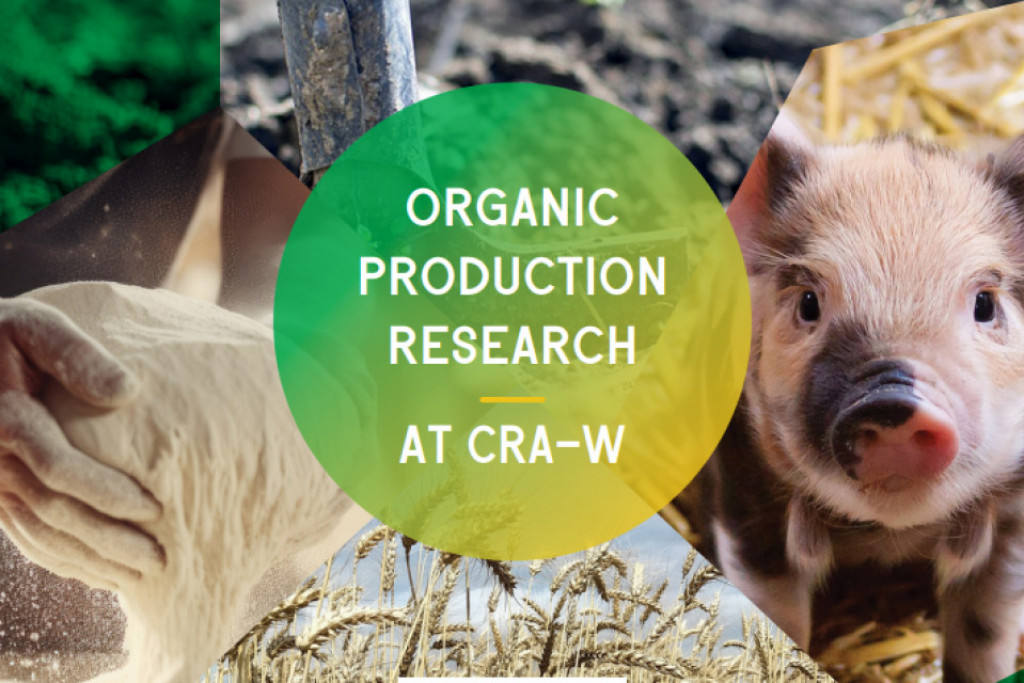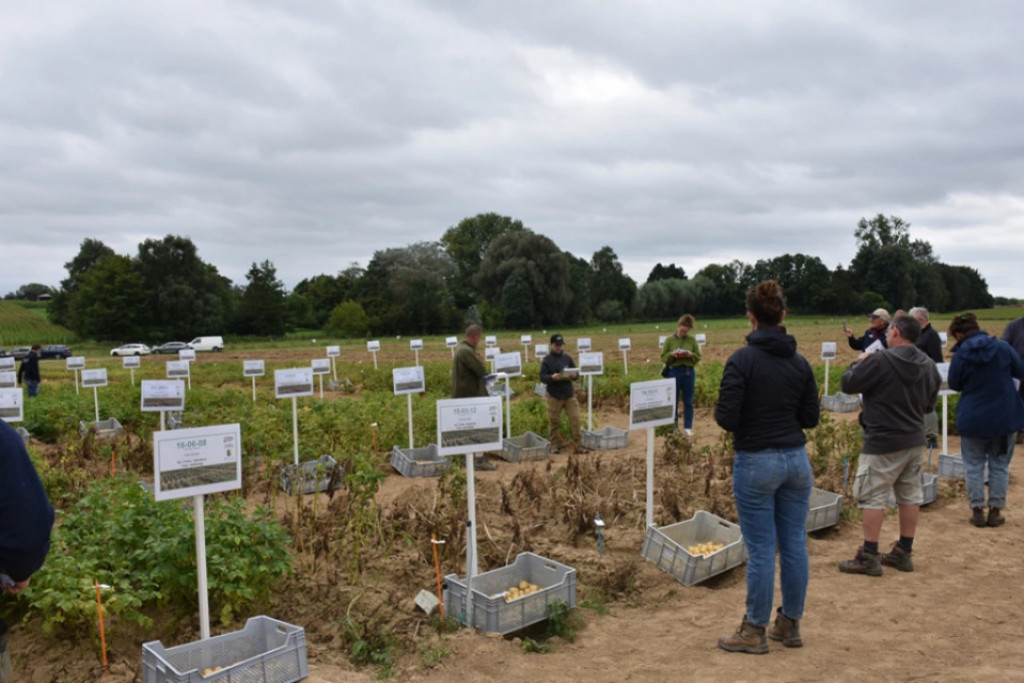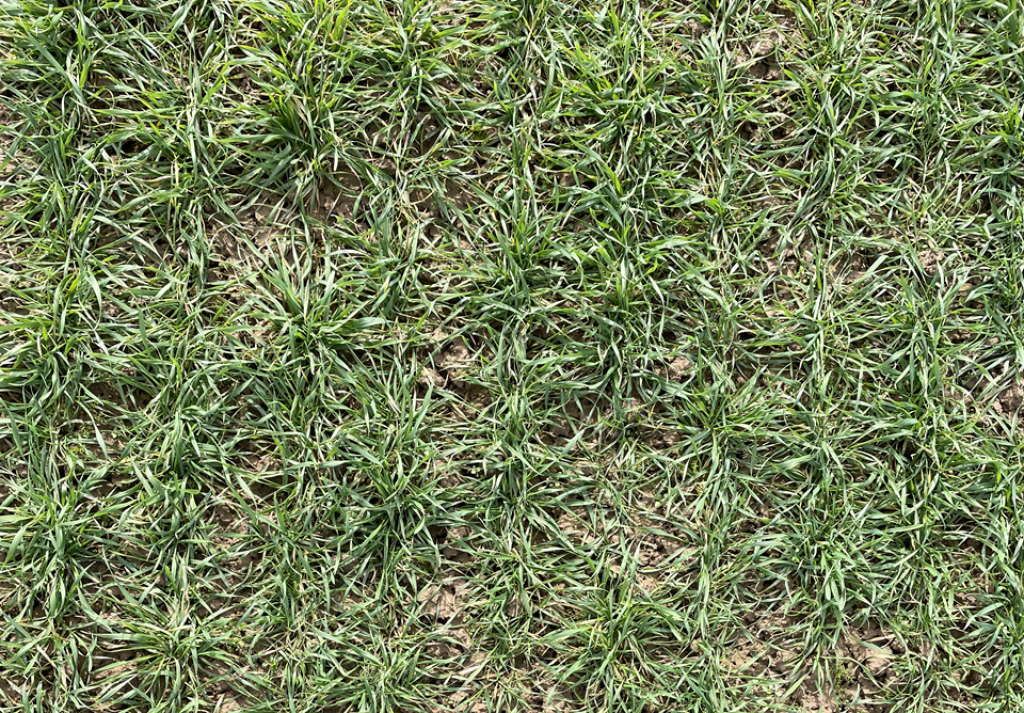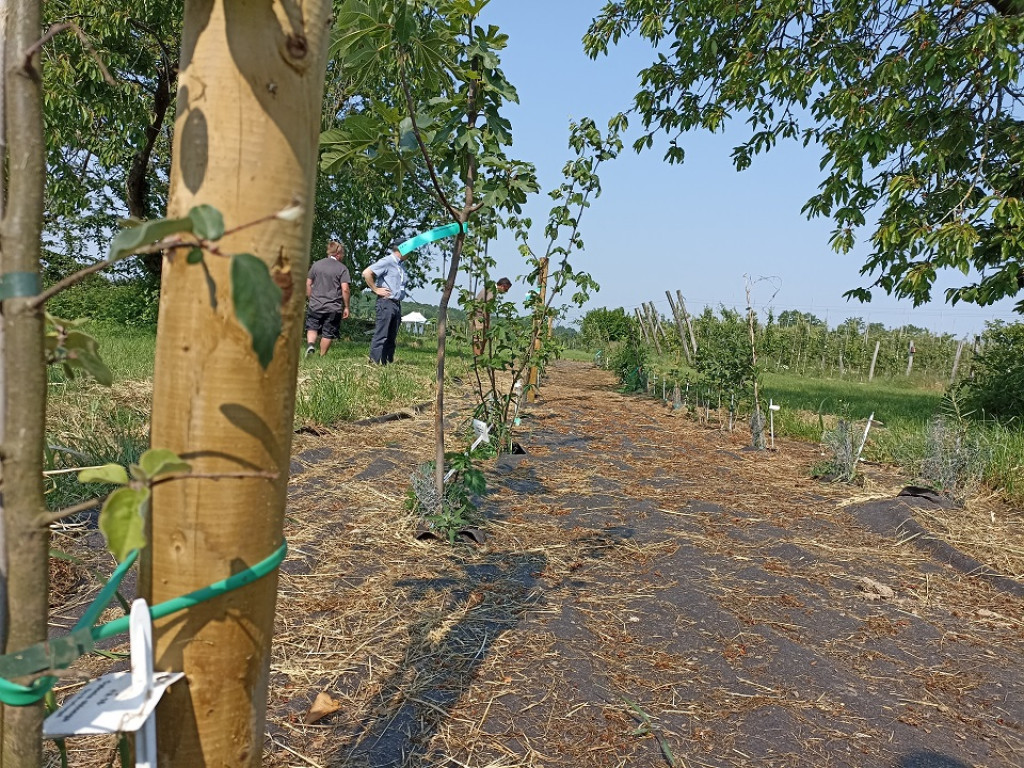This collection covers all the research projects carried out in organic production during 2023
and beyond. It follows two previous collections written in 20182 and 20203. Some of this research
is being carried out as part of the Bio 2030 Plan. The other projects are financed by other regional,
Belgian and European funds.
Organic farming is a subject of major interest in the current context, responding to the growing
demand for sustainable, environmentally-friendly agricultural practices. Faced with the challenges
posed by soil degradation, biodiversity loss and food security concerns, organic farming research
plays an essential role in providing innovative and effective solutions for the development of this
production method.
At the heart of this research, the CRA-W (Centre wallon de recherches agronomiques - Walloon
Agricultural Research Centre) plays a central role in Wallonia. For over 150 years, this institution
has been dedicated to advancing knowledge and practices in the field of agriculture in
Wallonia, with a constant focus on low-input farming practices. For over 30 years, CRA-W has
been committed to exploring the different facets of organic farming, from natural resource
management to improved cultivation techniques, including the promotion of biodiversity and
the search for alternatives to synthetic pesticides and fertilisers.
This commitment was stepped up in 2013 with the "Strategic plan for the development of organic farming in Wallonia by 2020" (PSDAB). Since 2022, CRA-W has been taking part in the Plan Bio 2030, which brings together the various stakeholders in the Walloon organic sector, specialising in long-term research.
Research work is presented under five sections, reflecting the skills developed at CRA-W to carry out these actions. Each project is described in a brief fact sheet outlining the context, the research and the results obtained. Further information can be obtained by contacting the trial managers directly, or by contacting CRA-W's organic production cross-disciplinary research unit. Websites are also listed at the end of the collection, where you can access publications written in the context of the research presented.
If you wish to receive a paper copy of this booklet, please send a request to : celluleagribio@cra.wallonie.be
Check out our flemish and french version.













